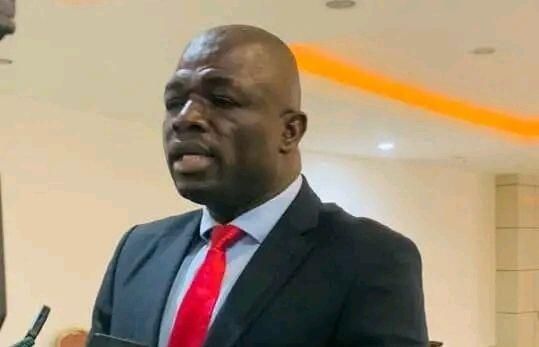By Twink Jones Gadama
In a country where opportunities for employment and advancement are often limited, the importance of having a correct National Identity Card cannot be overstated. This becomes even more crucial when specific age criteria are set for certain recruitment exercises, as is the case with the ongoing Malawi Defence Force recruitment, which requires candidates to be between the ages of 18 and 26.
With this in mind, many Malawians have found themselves in a predicament due to errors or discrepancies in their dates of birth on their National IDs. This has led to a surge in requests to the National Registration Bureau (NRB) for changes to be made to their official records. However, the NRB has made it clear that changing dates of birth on National ID cards is not a simple process and is not something that can be done at the whim of an individual.
The National Registration Act of 2010 sets out the guidelines for the registration and identification of citizens, including the protection of information such as dates of birth in the National Registration and Identification System (NRIS). The NRB has stated unequivocally that it does not change or amend dates of birth on individual records in the NRIS, in accordance with the law

This stance by the NRB has raised concerns among citizens who are seeking to correct errors in their dates of birth for various reasons, including eligibility for certain opportunities and services that have age restrictions. The inability to change this crucial piece of information on their National IDs has left many feeling frustrated and anxious about their prospects for the future.
One such individual is John Chirwa, a 23-year-old recent graduate who discovered a discrepancy in his date of birth when he applied for a job that required him to be under the age of 25. “I always knew that something was off with my National ID, but I never thought it would come back to haunt me like this,” said Chirwa. “I feel like my future is now in limbo because of a mistake that wasn’t even my fault.”
Chirwa’s story is just one of many that highlight the challenges faced by individuals who are grappling with errors in their official records. While some may argue that the onus is on citizens to provide accurate information at the time of registration, others believe that the system should allow for corrections to be made, especially in cases where the error was made by the authorities.
In light of these concerns, the NRB has urged citizens to refrain from making requests to change their dates of birth, as such requests will not be entertained. This has led to a backlash from some quarters, with calls for a review of the rules governing changes to National ID records and greater transparency in the registration process.
In response to the growing pressure, the Ministry of Homeland Security has announced plans to conduct a review of the National Registration Act to address some of the issues raised by citizens. “We understand the frustrations of those who have encountered problems with their National IDs, and we are committed to finding a solution that is fair and equitable for all,” said a spokesperson for the ministry.
As the debate over changing dates of birth on National IDs continues to simmer, the plight of individuals like John Chirwa serves as a reminder of the importance of accurate and up-to-date official records. While the road ahead may be uncertain for many, one thing is clear: the need for a system that is both reliable and responsive to the needs of the citizens it serves.



